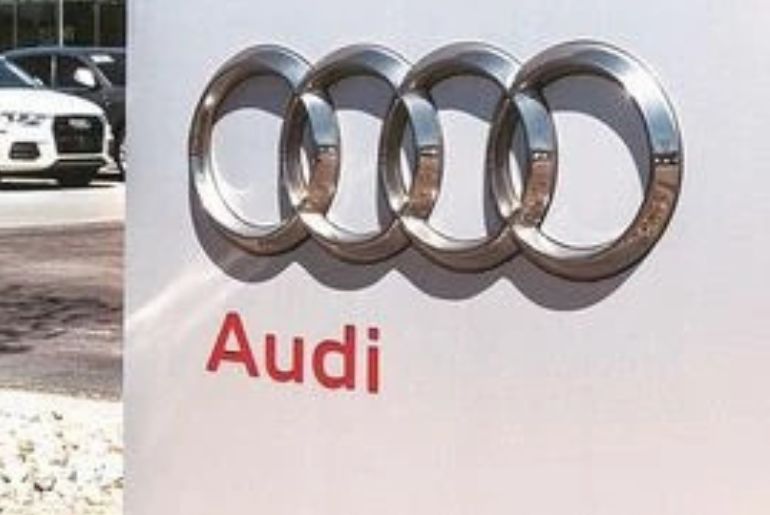German luxury automaker Audi AG has reported a robust 41% surge in battery electric vehicle (BEV) sales during the first nine months of 2025, underscoring its accelerating shift toward full electrification and sustainable mobility. The impressive growth in EV sales comes despite overall market headwinds and a strategic realignment of operations aimed at streamlining the company’s transformation journey.
Strong BEV Momentum Drives Growth
According to Audi’s financial report for the first nine months of 2025, the company delivered over 163,000 all-electric vehicles, marking a significant 41% year-on-year increase. The strong performance was driven by high demand for models such as the Audi Q6 e-tron, which alone accounted for nearly 64,000 units sold globally.
Audi’s total vehicle deliveries stood at approximately 1.18 million units, down by around 4.8% compared to the same period last year, primarily due to supply chain adjustments and planned phase-outs of older combustion-engine models. However, the surge in BEV deliveries helped the automaker offset much of the decline in internal combustion vehicle sales.
Revenue Growth and Strategic Restructuring
The company’s revenue climbed to €48.4 billion, up 4.6% year-on-year, reflecting a healthier product mix driven by premium electric models. Audi also reaffirmed its 2025 guidance, projecting total annual revenue between €65 and €70 billion, an operating margin of 4–6%, and net cash flow between €2.5 and €3.5 billion.
Audi’s ongoing strategic realignment focuses on simplifying its model lineup, optimising costs, and prioritising electric and digital innovations. The company aims to reduce operational complexity while accelerating its electrification roadmap under the “Vorsprung 2030” strategy, which envisions Audi becoming a fully electric brand by 2033.
Regional Performance and Market Outlook
Audi recorded strong BEV momentum across key markets:
-
Europe (excluding Germany): Over 79,000 BEVs, up 43% year-on-year.
-
Germany: Around 28,000 BEVs, up 70%, reflecting rising local demand.
-
North America: Nearly 32,000 BEVs, up 54%.
-
China: Approximately 13,000 BEVs, down 17% amid intensified local competition.
Despite challenges in the Chinese market, Audi remains optimistic about global EV adoption, supported by expanding infrastructure, government incentives, and rising consumer acceptance.
Leadership Commentary
Speaking on the results, Gernot Döllner, CEO of Audi AG, highlighted the company’s resilience and focus on the future:
“The strong growth in our BEV sales confirms that our strategy is on the right track. We are aligning our operations, product portfolio, and investments to meet the global demand for premium electric mobility. Our transformation journey continues with clear priorities: electrification, digitalization, and sustainability.”
Audi’s Electrified Future
Looking ahead, Audi plans to introduce several new electric models, including next-generation vehicles based on the Premium Platform Electric (PPE) architecture. These will complement the existing e-tron lineup and strengthen Audi’s position in the competitive premium EV segment.
The automaker also continues to invest heavily in charging solutions, battery technology, and sustainable manufacturing. Its upcoming EV models will embody the brand’s commitment to performance, innovation, and environmental responsibility, supporting its goal of achieving carbon neutrality by 2050.

